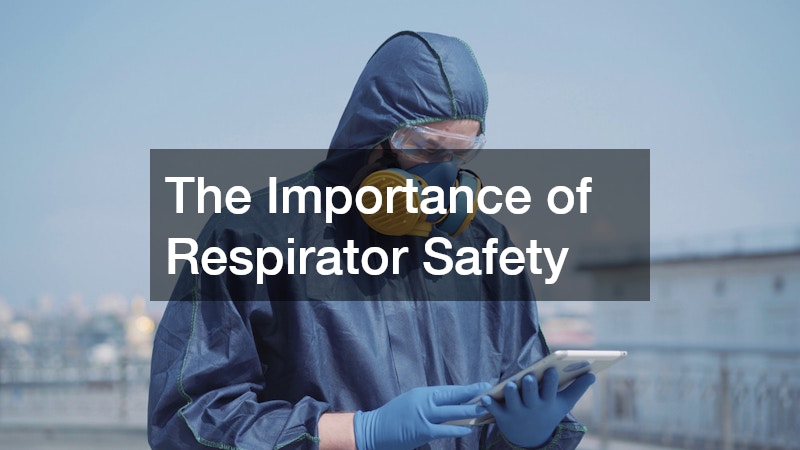Some people may not be able to attend a certain event in person. For example, they might have a disability or other physical limitations that prevent them from doing so. But fear not! There are ways to make your event more accessible for these people. Here are some tips on how to design an event that is as accessible as possible:
Make sure all event information is accessible online
Ensuring all event information is accessible online is important because it ensures that everyone has the same opportunity to access the information. This is especially important for people who may have a disability or other physical limitations that prevent them from attending the event in person. By making all event information accessible online, you ensure that everyone has an equal chance to learn about and participate in the event.
Provide sign language interpretation
Sign language interpretation is a vital service that can help make events more accessible for Deaf and hard-of-hearing attendees. By providing sign language interpretation, you ensure that everyone can participate in and understand the event. This is an important service to provide, as it can help ensure that everyone feels included and connected to the event.
Have assistive listening devices available
If you want to make your event even more accessible, consider having assistive listening devices available. Assistive listening devices can help ensure that everyone at the event can hear what is happening, regardless of their ability to hear normally. This can be especially helpful for people who are hard of hearing or Deaf. By having assistive listening devices available, you ensure that everyone can participate in and understand the event.
Offer closed captioning services
The offering closed captioning services can help make your event more accessible for deaf or hard of hearing attendees. Closed captioning provides a transcript of the audio portion of a video presentation, allowing deaf and hard of hearing attendees to follow along with what is being said. Many speech-to-text software programs can provide closed captioning for your event, so be sure to ask about this service when booking your event. This can help ensure that everyone can participate in and understand the event.
Make sure the venue is accessible

If you are hosting your event in a venue, it is important to make sure that the venue is accessible for people with disabilities. This means that the venue should have wheelchair access and features like elevators and ramps. If your event is taking place in a location that is not accessible, you may want to consider finding a new venue. By making sure the venue is accessible, you ensure that everyone has the opportunity to participate in and attend the event.
Reserve wheelchair-accessible seating and parking spots
Making sure that your venue has wheelchair-accessible seating is important because it ensures that everyone has the opportunity to participate in and attend the event regardless of their physical limitations. If a person cannot access an event due to location or mobility, they can automatically enjoy the full experience. By reserving space for people with disabilities, you ensure equal opportunity for all.
Provide food and drink that is accessible to people with dietary restrictions
People with dietary restrictions often feel left out or ignored regarding food options. By providing food and drink accessible to people with dietary restrictions, you ensure that everyone feels welcome and included. This can help create a more inclusive environment for your event, which is important for fostering community.
Additionally, providing food and drink accessible to people with dietary restrictions can be helpful for those who are trying to follow a specific diet. By having food options that fit their dietary restrictions, people can feel more confident about attending your event. This can help them feel more included and connected to the event, which is important for creating a positive experience.
Lastly, recruit volunteers who are familiar with disability etiquette and can help attendees with any questions or needs
When planning an event, it is important to think about making the event more accessible for everyone. One way to do this is by recruiting volunteers familiar with disability etiquette. Disability etiquette is a set of guidelines that help ensure that people with disabilities feel comfortable and included in social situations. By having volunteers who are familiar with disability etiquette, you are ensuring that everyone has the opportunity to feel comfortable and included at your event. If someone has any questions or needs, they can volunteer and ask for help. This can help make your event more welcoming and inclusive for everyone.










